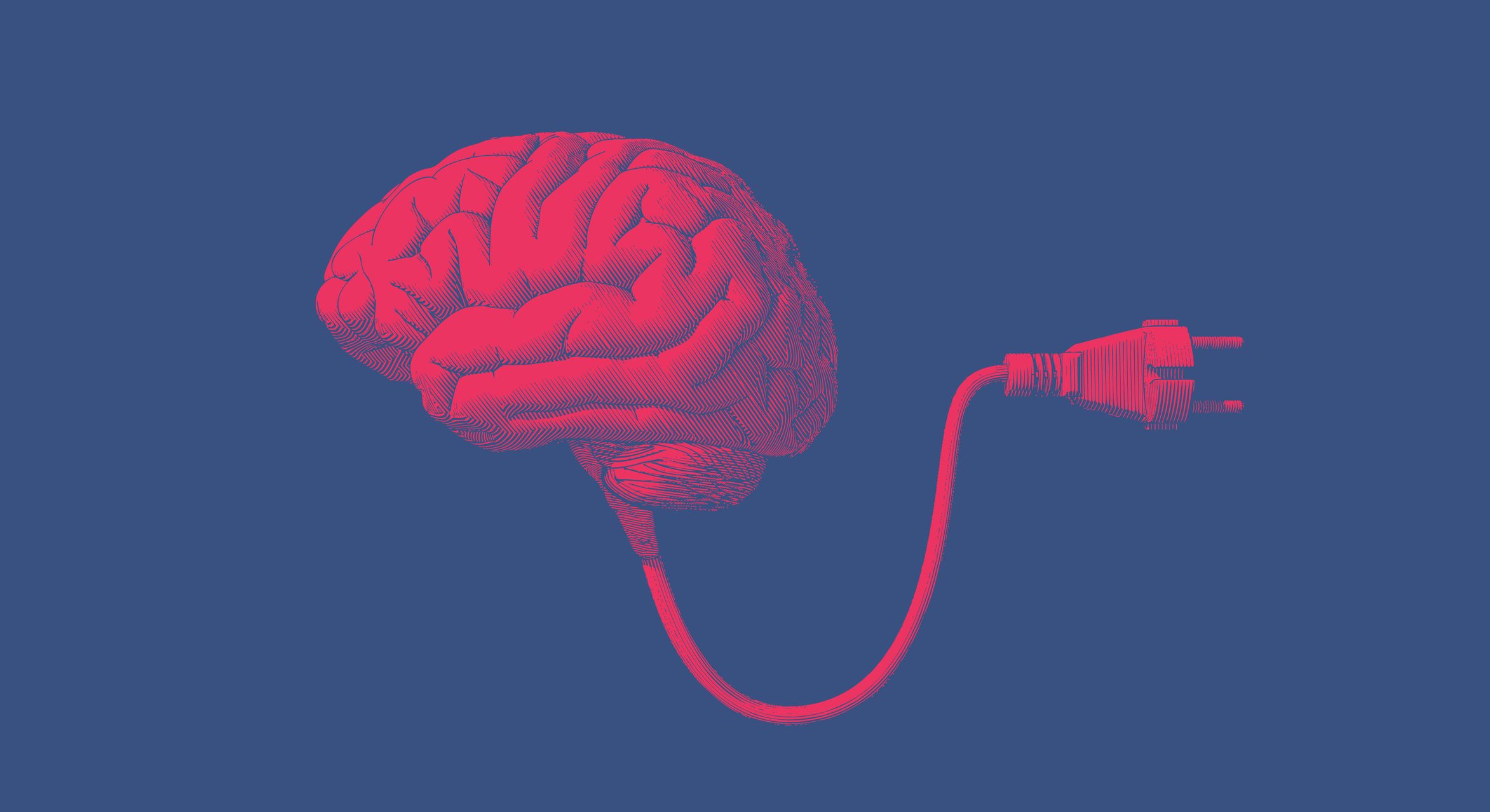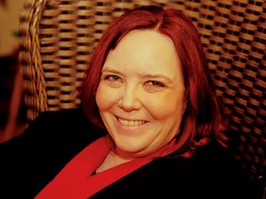since then, i haven’t had any seizures, apart from some minor ones called focal cognitive seizures or “auras,” and even those are much less than what i had prior to surgery. they also feel like the world is about to end. you have this feeling of being outside of yourself, or like that stomach drop you have in an elevator when it suddenly moves. it isn’t like on tv; my eyes didn’t twitch, my hands wouldn’t sporadically move, i didn’t shake. you might never notice it in anyone if you passed them on the street.
when i was first diagnosed, there’s something called “a honeymoon period” with medications. i thought things were going quite well, and i had support from my friends and family. in residency, things were good, too. it was when i was on a higher dose of medication and was being considered as a surgical candidate that i reached out to epilepsy toronto and started attending epilepsy trauma and support groups. it’s a special thing getting to share your experiences with those who’ve been through the same, i wish i had done it sooner. that’s the key thing i encourage others to do if they’re living with this: reach out.
overall, epilepsy has made me a more grounded person. it has taught me that it’s really important to put yourself first. especially as a doctor, it’s taught me what it’s like to be a human with a chronic condition. i think it’s essential to hear people’s stories and carefully explain what they’re dealing with, because every patient has a different story and understands things differently. there’s a communication tool we’re taught in medical school, it’s called “f.i.f.e.”: feelings, ideas, function, expectations. it’s about asking: “how do you feel? what are your thoughts around this? how does this affect your day-to-day? what are you hoping to get out of this?” being a patient has made me realize that i deal with these things and how crucial they are. if you haven’t lived through that then maybe sometimes you roll your eyes and check all the boxes. but it should be more than that. patients are people.
 4 minute read
4 minute read









